

Don't want to choose a Pandit?
Book a Package with Poojat
- Dakshina
- Pooja Samagri
Pandit for Vishwakarma Pooja


7618 Bookings


9813 Bookings


7115 Bookings


7590 Bookings
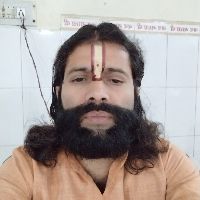

9587 Bookings


4387 Bookings
Confused ?
Which pandit to choose for your rituals? We can help you to decide for the best. Please share your details and our team will get back to you.


6916 Bookings


6829 Bookings
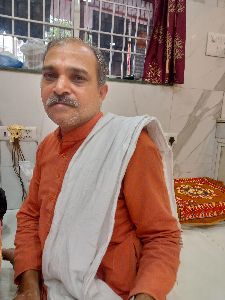

6515 Bookings
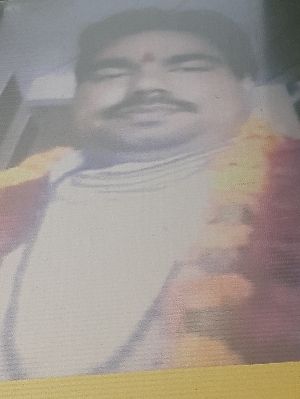

4632 Bookings
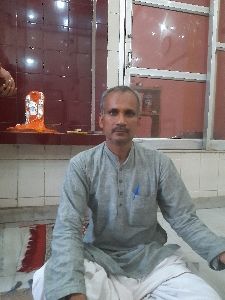

9156 Bookings
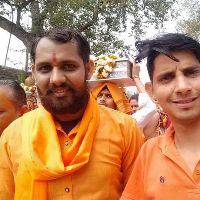

7425 Bookings


5054 Bookings


6740 Bookings


5921 Bookings


6022 Bookings


9163 Bookings
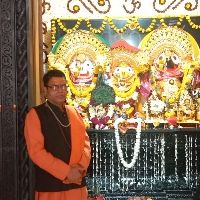

5570 Bookings


6837 Bookings


7241 Bookings


6551 Bookings
Pooja's FAQ
Certainly, you have the flexibility to alter the date and time of the pooja. Kindly get in touch with POOJAT customer care for coordination.
Feel free to contact the pandit ji for guidance on samagri and other arrangements by making a call.
: Vishwakarma Puja is a Hindu festival dedicated to Lord Vishwakarma, the divine architect and craftsman. It is observed to honor the creator of tools, machines, and technology.
Vishwakarma Puja is usually celebrated on the last day of the Bengali month of Bhadra (around mid-September) or on the day following Diwali, depending on regional traditions. It is observed in various parts of India and among specific communities involved in craftsmanship and industrial work.
Vishwakarma Puja is performed to seek the blessings of Lord Vishwakarma for success, prosperity, and safety in craftsmanship and industrial activities. It is believed to bring good fortune to businesses, factories, and workshops.
The celebration involves the worship of Lord Vishwakarma and the tools of trade. People clean and decorate their workplaces, machinery, and tools. Special prayers, aarti (ritual of waving lights), and offerings are made to seek the divine blessings for a fruitful and safe year ahead.
The items required for Vishwakarma Puja include images or idols of Lord Vishwakarma, tools, machinery, flowers, fruits, incense, lamps, and traditional puja items. Offerings may also include sweets and prasad.
Performing Vishwakarma Puja is believed to bring blessings for success, prosperity, and safety in craftsmanship and industrial work. It is thought to ensure the smooth functioning of tools and machinery, fostering a positive and conducive work environment.
Common rituals include cleaning and decorating workplaces, machinery, and tools. Special pujas are performed with the recitation of Vishwakarma mantras, and traditional aarti is offered. Distribution of prasad and sweets is also a common custom during the celebrations.
 Add Temple
Add Temple
 Hindi, Sanskrit, English, Bhojpuri, Garhwali
Hindi, Sanskrit, English, Bhojpuri, Garhwali

 Noida
Noida

